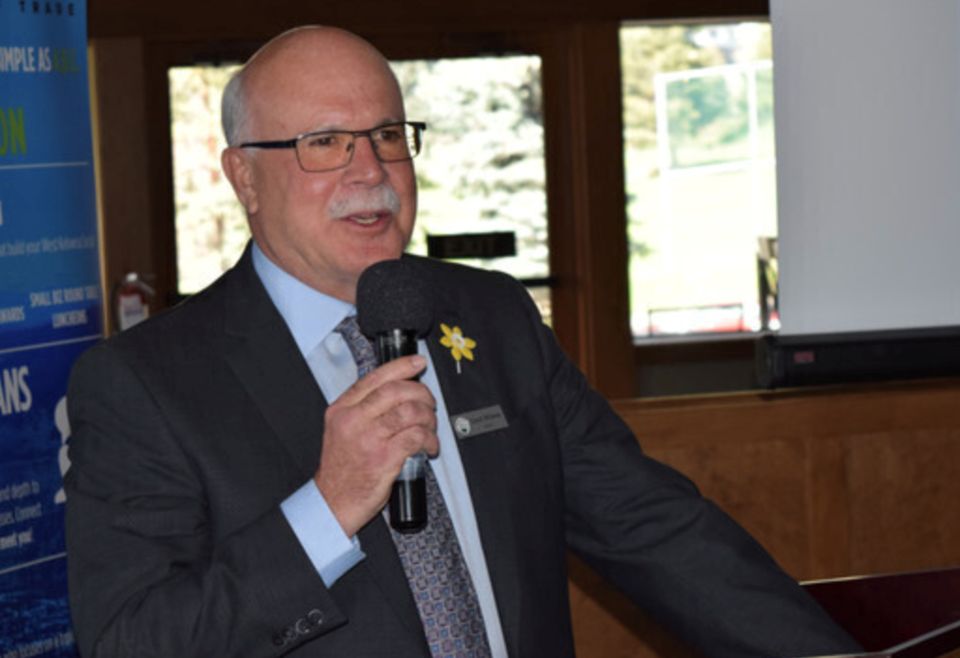West Kelowna’s mayor says the city can’t reach provincially-imposed housing targets alone.
In a conversation with Castanet News, Gord Milsom says the provincial government needs to be prepared to come to the table with money for infrastructure, land and other initiatives.
The province has imposed housing targets on 30 communities as part of its overall strategy to have more housing units built, and built more quickly in the wake of the current housing affordability crisis.
West Kelowna’s target, unveiled Tuesday, is 2,266 units over the next five years, an average of about 460 per year or 115 per quarter.
“I hope it’s attainable,” said Milsom.
“The average number of housing starts between 2011 and 2021 was 154 a year. Since 2021, we have had more growth but I don’t think we have been averaging more than 200 a year since 2021, so it certainly is an increase over what we have had in the past.”
However, Milsom says the city has taken steps over the past 12 to 24 months to encourage new housing including allowing for more densification with the city’s two urban centres and five neighbourhood centres and adoption of an updated zoning bylaw later this year that will encourage multi-family developments.
“We have adopted the housing strategy, the small scale multiple housing regulations from Bill 44 and we are also doing our first infill strategy.”
While the city looks to make it easier to densify certain areas of the city, Milsom says the province needs to step up and do more than just impose targets.
Milsom says chief among those is land. As a young municipality, he says the city doesn’t own a lot of it to assist non-profit organizations applying for funding to provide non-market housing.
The city also doesn’t have the financial strength to use tools such as reducing DCC’s, providing grants or property tax deferrals to encourage non-market development.
“The government has said it wants to collaborate and they want to work with municipalities as part of setting these targets.
“In my mind, if they really want to work with us, BC Housing has to come to the table to help provide funds for subsidized housing for low income families and seniors and transitional housing for those who are homeless.”
Milsom says the province also needs to come to the plate to assist with infrastructure funds as well to support housing growth.
He pointed to needed improvements to Highway 97 and a redundant power supply whose need will increase as the city strives to hit the housing targets.
“From a city point of view we are going to continue to have to upgrade our roads and sidewalks, recreational facilities, policing and fire protection.
“There are a lot of additional costs that come from increasing populations, so I trust the province is going to honour their word and continue to collaborate with us and help us.
“I just hope the province truly understands what is involved in reaching the housing supply and not just simply putting a number together.”




